NEW YORK TIMES
Jamaa Fanaka, Film Director, Dies at 69
By Paul Vitello
April 12, 2012
Jamaa Fanaka, a filmmaker who had considerable success in 1979 with “Penitentiary,” a feature-length movie he made while still in film school, but who claimed to have been blacklisted afterward for raising questions about a dearth of jobs for black directors in Hollywood, died on April 1 in Los Angeles. He was 69.
The cause was complications of diabetes, his family said.
Mr. Fanaka was part of what film scholars called the L.A. Rebellion, a small group of black U.C.L.A. film school graduates who came of age in the late 1970s, near the end of the so-called blaxploitation era. The group’s defining aesthetic was to move beyond pimp stereotypes and funk soundtracks in film portrayals of blacks.
Unlike most of the others, including the avant-garde filmmakers Charles Burnett (“Killer of Sheep,” “My Brother’s Wedding”) and Julie Dash (“Daughters of the Dust”), Mr. Fanaka, a Billy Wilder fan, wanted to make movies that were both serious and popular.
“Penitentiary,” starring Leon Isaac Kennedy as a wrongfully imprisoned man who finds redemption as a prison boxer, received mixed reviews but became the most financially successful independent movie of 1979.
As luck would have it he released it during the first boom in affordable VCRs and movies on videocassette. He made sequels to “Penitentiary” in 1982 and 1987.
The film was also considered an artistic breakthrough. Allyson Nadia Field, a professor of cinema studies at U.C.L.A. who last year helped organize a retrospective featuring the movies of the L.A. Rebellion, called “Penitentiary” “the transition moment between blaxploitation and independent black film-making.”
“People think the beginning of independent black film-making was ‘She’s Gotta Have It,’ ” she said, referring to Spike Lee’s 1986 watershed hit. “But really, it was Fanaka’s ‘Penitentiary.’ ”
Mr. Fanaka became one of the few black members of the Directors Guild of America, but he found the guild to be insular — pretty much like the rest of the film industry, he told interviewers — saying it rarely acted on its promises to encourage studios to hire more women and members of minority groups.
When his attempts to change that quietly were ignored, Mr. Fanaka became dogged. He brought a series of class-action lawsuits against the guild in the early 1990s, claiming that its word-of-mouth system of alerting directors about job opportunities was inherently discriminatory and a violation of the Civil Rights Act of 1964.
The suits sought a more transparent system of notification and the establishment of minority training programs. But a federal judge later threw them out on technicalities, and Mr. Fanaka was termed “a vexatious litigant.” (The Directors Guild declined to comment.)
“He wrote the briefs himself; he paid the court costs; it became his mission for future filmmakers, was how he saw it,” said Jacqueline Stewart, a professor of radio, television, and film and African-American studies at Northwestern University, who interviewed Mr. Fanaka for the L.A. Rebellion retrospective.
“It was very upsetting for him to talk about it,” she added. “He said he felt like he had been erased from history. It’s hard to prove these things, but I think it’s safe to say at the very least that his career suffered.”
Mr. Fanaka rejected some movie opportunities after “Penitentiary” because he considered them to be in the blaxploitation mold, Ms. Stewart said.
Jan-Christopher Horak, director of the U.C.L.A. film and television archive, said of Mr. Fanaka: “In a way his major accomplishment was a kind of a failure — to have tried and failed to significantly change the racial politics of his profession.
He was punished for it. The Guild, the studios, they treated him like a crank.
But he was not a crank. He was legitimately concerned about the future.”
Mr. Fanaka was born Walter Gordon on Sept. 6, 1942, in Jackson, Miss., one of five children of Robert and Beatrice Gordon. His parents moved to the Los Angeles area when he was a boy. His father was an electrician.
After serving in the Air Force, he told interviewers, he was adrift until he entered a community college film program, which led him to the U.C.L.A. film school. He made three commercial feature films before graduating: “Welcome Home, Brother Charles” (1975), “Emma Mae” (1976). and “Penitentiary.”
He graduated summa cum laude and by then had changed his name to Jamaa Fanaka, derived from the Swahili for “together we will find success.”
His survivors include three daughters, Tracey Gordon, Twyla Louis, and Katina Scott; a son, Michael Gordon; his parents, Robert and Beatrice Gordon; two brothers, Joseph and Robert Gordon; a sister, Carmen Sanford; and nine grandchildren.
At his death, Mr. Fanaka was working on his eighth film, a documentary about hip-hop culture. He told the film blogger Jeff Brummett recently that he wished he had made more films, but that he was proud of what he had accomplished, both as a filmmaker and as an activist.
“I exposed the Achilles’ heel of Hollywood,” he said.
ADVERTISEMENT
BY
Looking for more information?
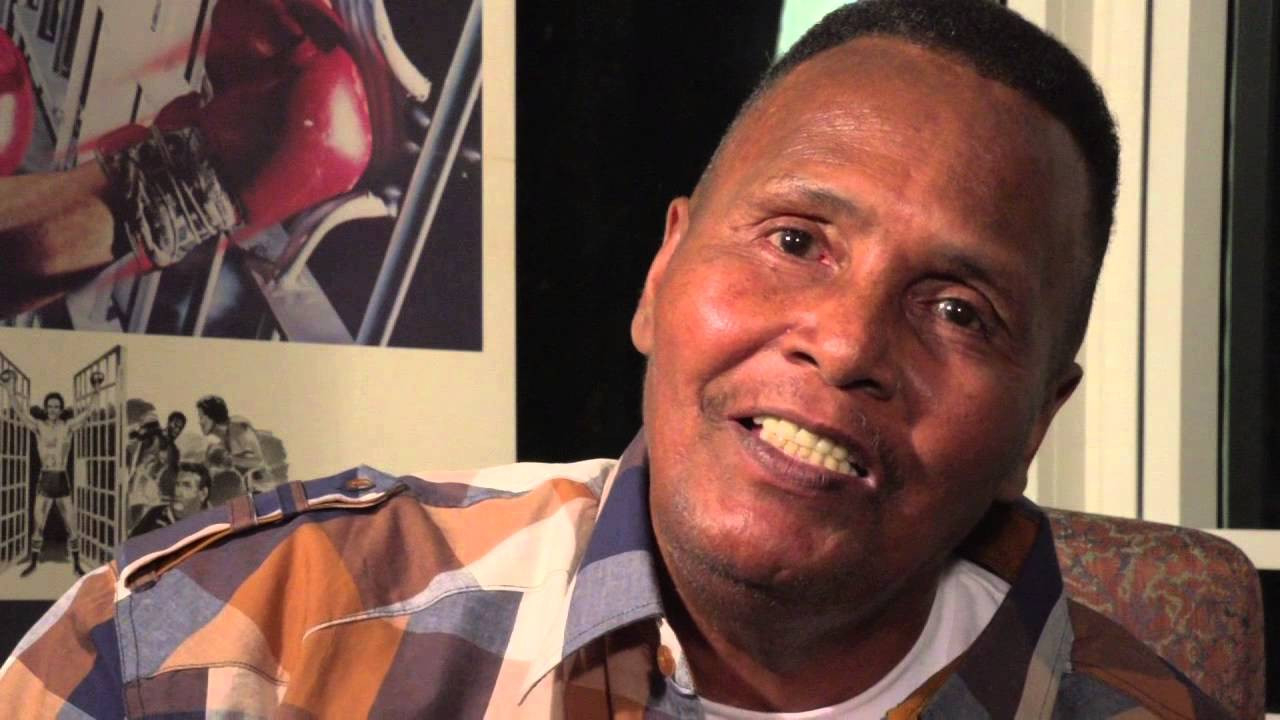
 Amanda S. Stevenson
Amanda S. Stevenson 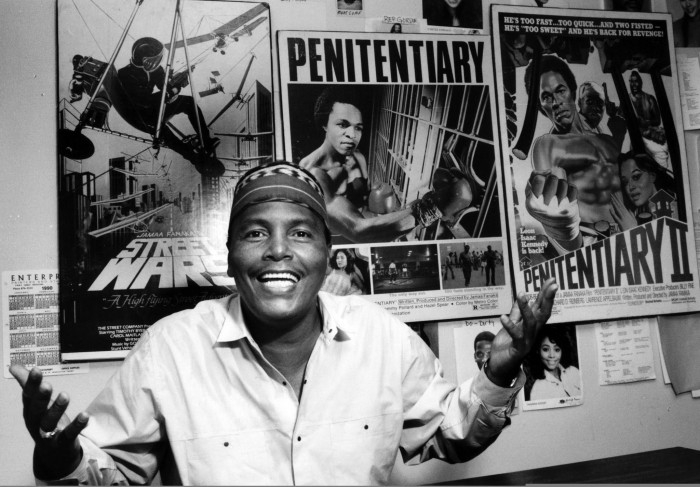
 Amanda S. Stevenson
Amanda S. Stevenson 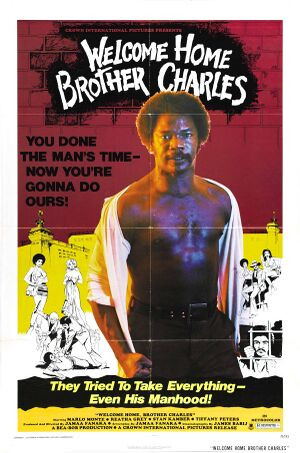
 Amanda S. Stevenson
Amanda S. Stevenson 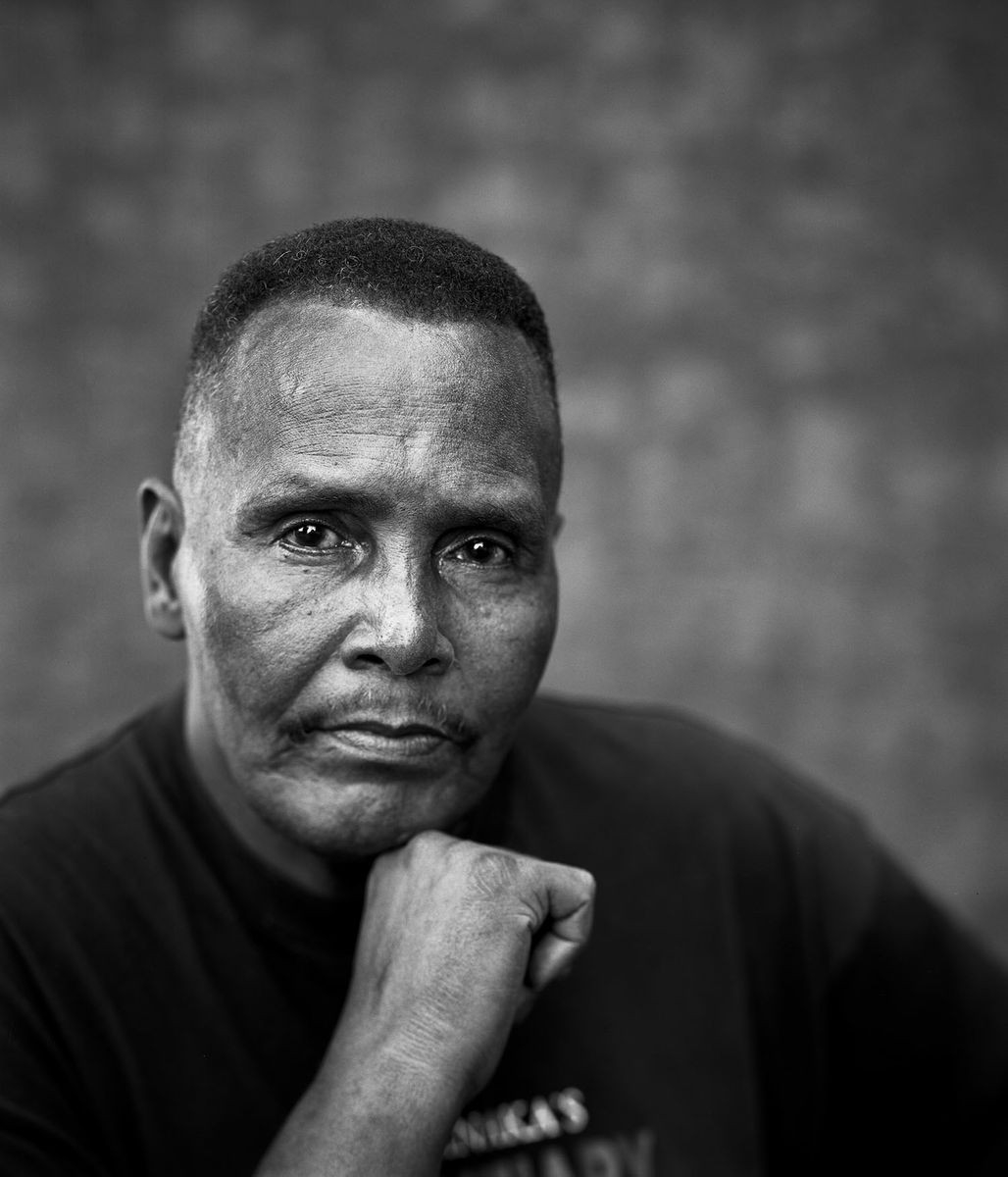
 Amanda S. Stevenson
Amanda S. Stevenson 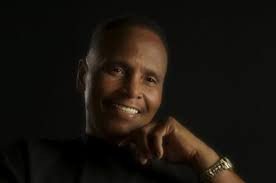
 Amanda S. Stevenson
Amanda S. Stevenson 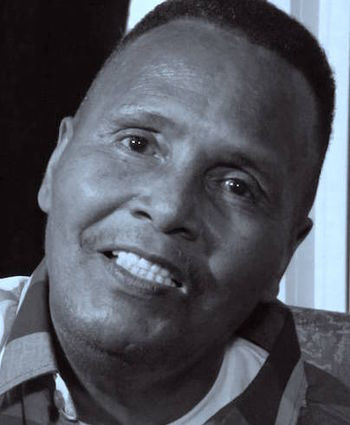
 Amanda S. Stevenson
Amanda S. Stevenson 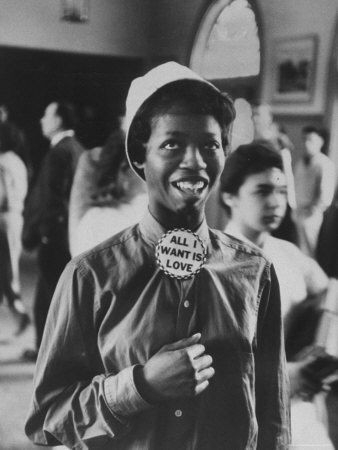
 Amanda S. Stevenson
Amanda S. Stevenson 